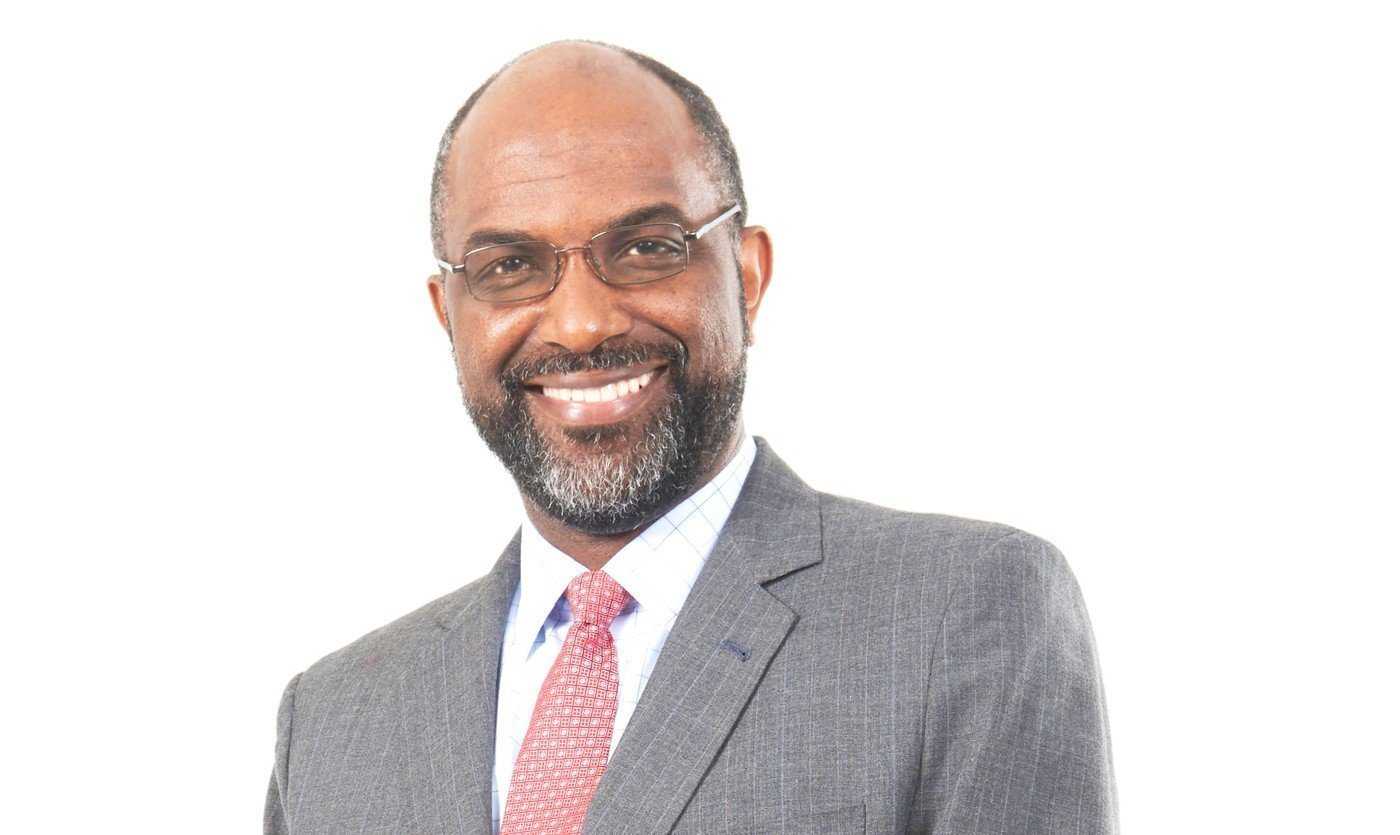on
BY: KABRENA ROBINSON
Earl Jarrett is no newcomer to the impressive index of distinguished Jamaicans who have excelled tremendously in their selected fields. Jarrett is regarded as a solid businessman and leader, with a well-polished resume and reputation that highly precedes his humble and gracious character.
So, it comes as no surprise that he has been recently appointed to the Order of Jamaica, the country’s fourth highest honour, for his outstanding and unwavering contribution to the banking and financial services, public sector and volunteerism.
Jarrett, who is currently the Chief Executive Officer of the restructured mutual holding company, The Jamaica National Group (JN Group), will be presented with the insignia of his appointment by His Excellency the Most Honourable Sir Patrick Allen, Governor General of Jamaica, on National Heroes Day on October 15, 2018 at King’s House in Kingston Jamaica.
“I must say that I am thankful to the government of Jamaica and for those who nominated me for this honour,” Jarrett stated in an interview with the Toronto Caribbean Newspaper.
This high honour is the culmination of many years of service, a deserving addition to his many awards and recognition. His journey is one of pure inspiration and commitment.
Jarrett, who was born in Kingston Jamaica, spent a portion of his formative years in the rural parishes of St Thomas and Portland. His parents, who were avid educators and advocates for academic development across Jamaica, played an instrumental role in his passion for community service and voluntarism.
A past student of St. George’s College and the University of the West Indies Mona (UWI), where he majored in Social Sciences primarily accounting and business, he expressed that both institutions played a major part in his growth and development. However, it was the latter that produced the greatest impact on the honing of his skills, as he had his first jab at leadership as a member of the Guild of undergraduates at UWI Mona. He then proceeded to complete a Masters in Accounting. Fresh out of university, Jarrett’s eagerness and determination to fulfil his passion landed him his first job in the accounting industry. Jarrett recalls the fortunate tale.
“At the time I never applied for a job,” he said. “I looked around and looked up accounting firms and found that Peat Marwick, which is actually KPMG today, was the institution that matched the type of values that I thought I had.”
“So, I went to KPMG one morning and I remember the receptionist said to me ‘how may I help you?’ and I said ‘I’m here for my job’ and she cracked up laughing and said ‘hold on a second’ and she went to the partner who was in charge of human resources and came back and said ‘Mr. Roberts will see you next week’ and that was it.”
Over eight years of contributions at KPMG spearheaded the start of an active and prosperous career for Jarrett. Over the years, his service to a myriad of organizations emphasizes greatly his vigour towards business, community service and volunteerism.
He has served as former Deputy Chairman of the Jamaica Tourist Board (JTB), former deputy Chairman of JAMPRO, former Council Member of the Institute of Chartered Accountants of Jamaica and past President of the Rotary Club of New Kingston. He also served as a member of the National Task Force on Political Tribalism, and as Honorary Secretary of The Private Sector Organization of Jamaica (PSOJ).
Along with his current executive duties at the Jamaica National Group, Jarrett serves on the boards of several external organizations. These include The Jamaica Cancer Society, Jamaican Diaspora Foundation, Mona Geoinformatics Institute, The Gleaner Company’s UK and North American Boards, Edna Manley College Arts Foundation, Dudley Grant Memorial, the YWCA Trust and Caribbean Council (UK), FIA Foundation, National Council of Jamaica, Order of St John and The University of the West Indies Mona Campus Council.
His bountiful accomplishments have also bestowed upon him many awards of high honours. In 2008, he received the Order of Distinction, in the rank of Commander (CD), by the Government of Jamaica for service to the financial sector.
He has also received high honours and awards such as the Caribbean Luminary Awards, the Pelican Award from The University of the West Indies along with a Doctor of Laws (LL.D) degree and a second one from by the University of Technology Jamaica. These along with the Man of Excellence award by the Kiwanis Club of New Kingston, the Jamaica Institute of Management (JIM)/Gleaner 2011 Manager of the Year, the Visionary Award by the Golden Krust Foundation (New York) and Distinguished Member Award by The Institute of Chartered Accountants of Jamaica (ICAJ).
Despite his prominence and high personage in Jamaican society, Jarrett’s humility and benevolence shine through. For him, it is the service and love for humanity that catalyses his unwavering dedication.
“I would say that voluntarism and commitment and belief in our people greatly transcends to my responsibilities because, at the end of the day, it’s about people,” he said. “Over the years one aspect I will never forget is the people I have come across. People in the JN group over the years, who protected me and who made my thoughts a reality and who were trustworthy and created a safety net for the organization to grow.”
His advice for aspiring young individuals falls along the same lines.
“It is confidence and a network of support and respect for all humanity. These are the values that you should embrace.”
“In each one of us there is greatness, we just need to mind it and we are as good as anybody in the world. The most important thing I would say is to love and respect yourself always have a reserve of confidence and courage.”
Stay in the loop with exclusive news, stories, and insights—delivered straight to your inbox. No fluff, just real content that matters. Sign up today!













